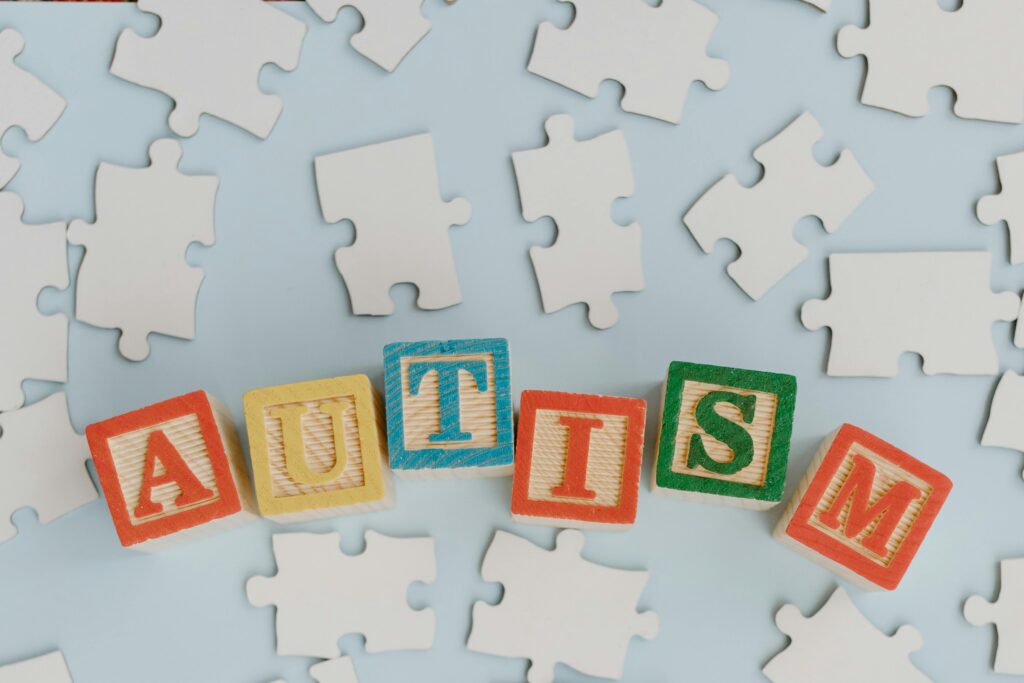
Autism is a complex neurological condition that affects millions of individuals worldwide. According to the Centers of Disease Control and Prevention (CDC), as of 2020 in the United States, approximately 1 in 54 children is diagnosed with autism spectrum disorder (ASD). Yet it remains shrouded in misunderstanding and stigma. This article aims to shed light on the realities of autism, highlighting the importance of awareness, acceptance, and support for individuals on the spectrum.
There have been many common misconceptions when it comes to Autism. Such as labeling Autism as a Disease when Autism is a neurodevelopmental condition. Which means that it’s a part of a person’s identity rather than something that can be “fixed”. Another misconception is thinking that all individuals with Autism have intellectual Disabilities. While some individuals with autism may have intellectual disabilities. Around 40-50% have average intelligence, scoring an IQ between 70-100. About 10- 20% of individuals are classified as having above-average intelligence. An estimate of 1% may exhibit savant abilities, which means they have a profound talent or skills in specific areas, such as mathematics, music, science, and art.
Over the years, the cultural representation of Autism has changed significantly. A great example is media representation, with films such as, “Rain Man”. Which features a savant character Raymond Babbitt, played by Dustin Hoffman. Who has extraordinary mathematical skills, such as being quick to calculate large numbers and memorize vast amounts of information? This film brought significant attention to autism and savant syndrome. But it also sparked discussions about the accuracy and portrayal of autism, which contributed to the misconceptions on autism.
As a community, I believe it’s important to spread awareness. There are many ways such as reducing the stigma that surrounds autism. Awareness campaigns can help dispel myths and misconceptions. Which can lead to a more accepting and inclusive society. Another way in which we can help is providing and having access to resources. When communities are more aware, there is often a greater percentage of advocacy for resources and support services. Such as therapy programs like speech therapy or Applied behavior Analysis (ABA). Educational support, and community activities tailored for individuals with autism.
Awareness can provide families with the information and support they need to navigate the challenges of raising a child with autism. This includes access to parent groups, educational materials, and counseling services. It’s important to understand that awareness initiatives can help promote better understanding and acceptance in schools, workplaces, and public spaces. Fostering environments where individuals with autism feel valued and included. There are some excellent resources for autism awareness that provides information, support, and advocacy. Autism Speaks is an organization that focuses on promoting awareness, research, and advocacy for individuals with autism. Their website offers a wealth of information, including toolkits for families, educational resources, and community support. Autistic Self Advocacy Network (ASAN) promotes self-advocacy and provides resources that reflect the perspectives and needs of the autistic community. This organization is run by and for autistic individuals. CDCD Autism Spectrum Disorder (ASD) provides reliable information about autism, including symptoms, diagnosis, and treatment options. Their resources are based on research and are aimed at both families and healthcare professionals.
Together we can help spread awareness, be more open-minded and educate ourselves to be able and have a better understanding of how to help and support an individual with autism to have the support that they need and, most importantly, to help them feel seen, understood, included, and safe.
This was written by our contributing writer, Karina Alvarez.
Leave a Reply